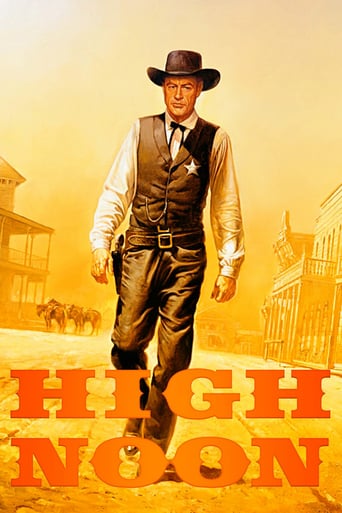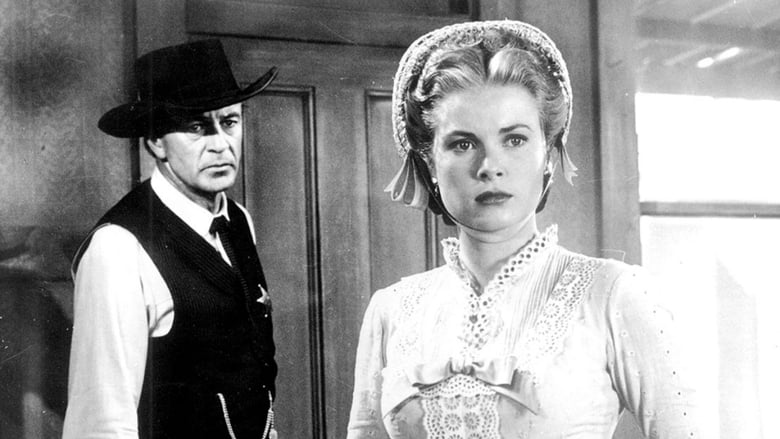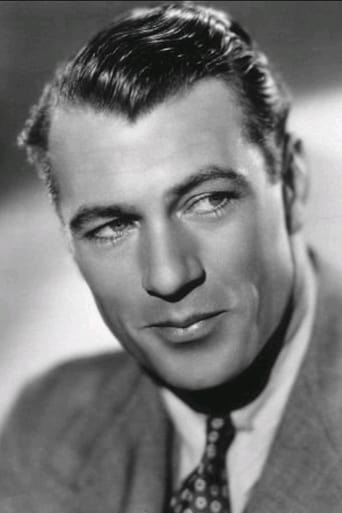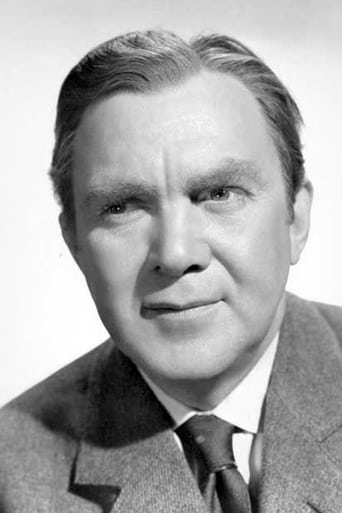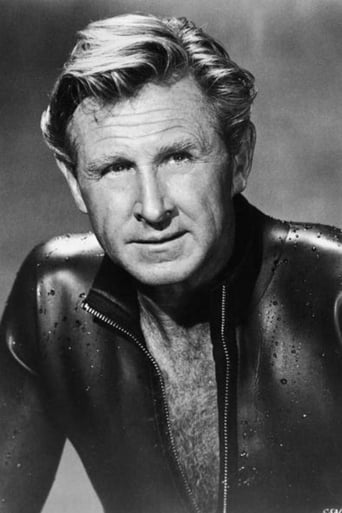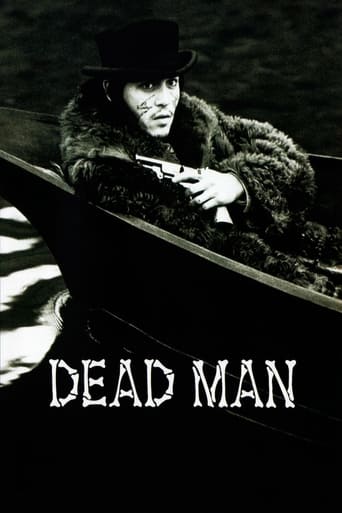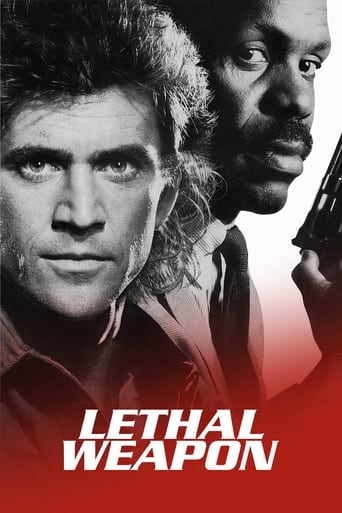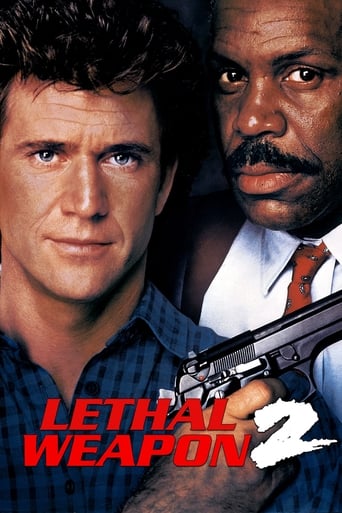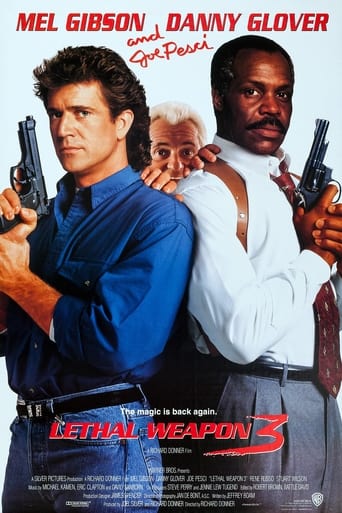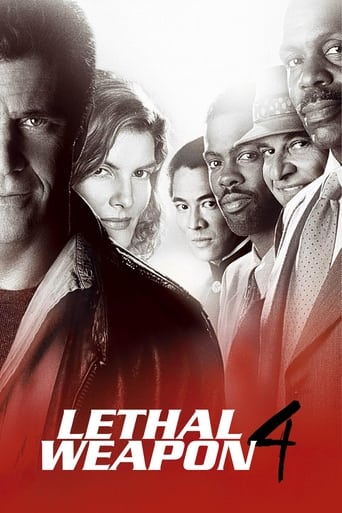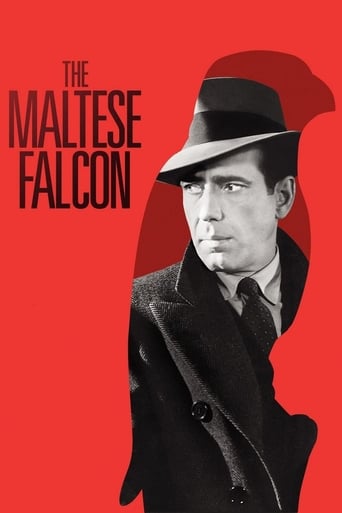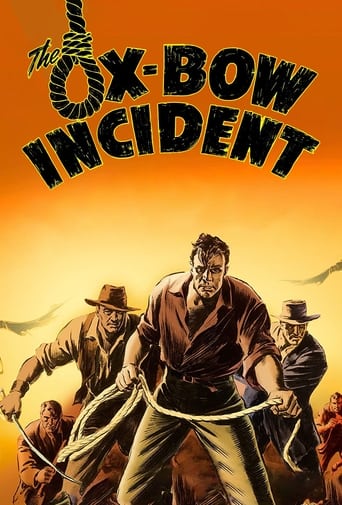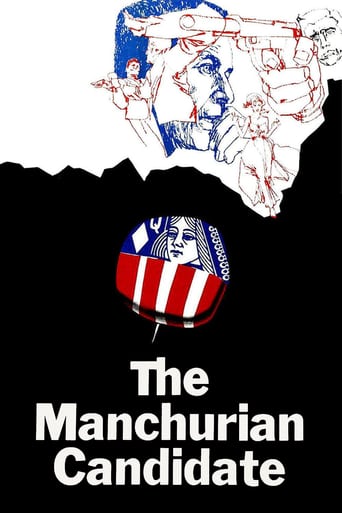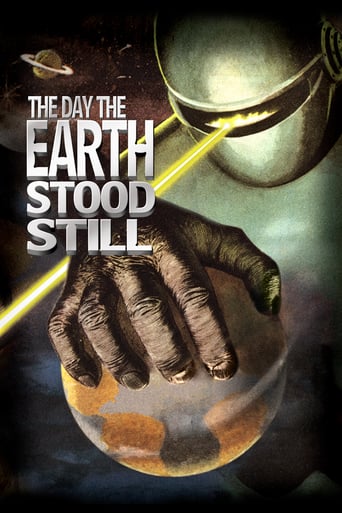High Noon (1952)
Will Kane, the sheriff of a small town in New Mexico, learns a notorious outlaw he put in jail has been freed, and will be arriving on the noon train. Knowing the outlaw and his gang are coming to kill him, Kane is determined to stand his ground, so he attempts to gather a posse from among the local townspeople.
Watch Trailer
Cast


Similar titles
Reviews
I really love High Noon. Second time is even better than the first time. It feel so perfectly shot, cleanly edited, well-timed; I just love the way Gary Cooper fits into his character Will Kane, and I get more and more attached to him the more and more everyone abandons him.The last few minutes of gun fighting feel very real. For the most part Kane is on the run and yet he fights back without any trace of cowardice. In contrast to another great Western The Searchers, where the heroes are the pursuers, the hero is the hunted one. I think that works very well; it also feels more satisfying to see his defeat of the bad guys in the final moments.Yet there's a real bittersweet thing going on here. Helen Ramirez is gone from the town, never to return. The town is full of corrupt and cowardly people. Only the young boy who was eager to aid Kane but was turned down gets a smile from Kane at the end of the movie. And Will Kane's wife had to abandon her Quaker pacifism to save her husband. Nothing comes easy here."Do Not Forsake Me Oh My Darling" felt a bit tacky at first, but I took a liking to it.Everything feels stripped down, meat-and-potatoes, and I think it surprised a lot of American moviegoers when they first saw it in 1952. Now it feels less strange, but it still feels "other" compared to the great Westerns of John Ford or Howard Hawks, or even the Sergio Leone spaghetti Westerns.I think this is one of my favorite 1950s films, alongside The Big Heat, The Searchers, The Ten Commandments, Seven Samurai, and Ben-Hur. Say what you will about the puritanism of the American 1950s era, but it was a really fertile period for American movies and even for other non-American movies.
A recent book about the making of "High Noon" had me rummaging in a box of DVDs in my garage for the movie. The book was "High Noon: The Hollywood Blacklist and the Making of an American Classic" By Glenn Frankel. I bought it after reading his "The Searchers: The Making of an American Legend". Both bring their respective films to life with background on the personalities involved and the times in which they were made."High Noon" opens as Will Kane (Gary Cooper) is about to leave town after marrying Amy Fowler (Grace Kelly), his young Quaker bride, and retiring as town marshal. However an old enemy is due on the noonday train to join three mean-looking dudes waiting at the station. Will won't cut and run. He tries to organise a posse, but he finds everyone is busy all of a sudden. He will have to face the four gunslingers alone. Shakespeare couldn't have created a more classic scenario.It seems producer Stanley Kramer didn't really appreciate Cooper's naturalistic acting. Not many would agree. If any role suited Coop's style it was this one - despite being old enough to be Grace Kelly's father. Grace in her first big role showed that a tight bodice with matching bonnet could be as sexy as Victoria's Secret.Claims that a drastic edit saved the movie hurt director Fred Zinnemann who felt such claims diminished his role in the film's success. Many things made the film work, not least the music. For any film music buff, Dimitri Tiomkin's film scores loom large. Here, Tiomkin's music combined with lyrics by Ned Washington and vocals by Tex Ritter act like a minstrel accompanying Kane, celebrating him in song as he confronts his enemies and his demons.Frankel's book presented surprising layers of information. His research and insights into the pressure the HUAC investigations applied to Carl Foreman and Stanley Kramer put everything into context. However, for me, the most interesting aspect was the creative process behind the making of the film. "High Noon" had a tight budget, but you wouldn't know it, it's a class act all the way. Its quality shines through seven decades after it was made.
I saw this movie on TV when I was a kid of about 10. That was about 1960. I remember that I was going to spend a couple of hours watching a western. I didn't think the film was going to be anything special but when I heard the opening theme song I knew I was in for something special. Even at age 10, I knew. I have seen it many times since.The movie is about an unwillingness of the townsfolk to get involved with upholding the law. It came down to the town marshal, a newly-married Will Cane, to stand up to four gunmen alone. There is supposedly a connection between the plot of the movie, and McCarthyism, which was going on at the time the movie was filmed. I did not know that at the time I first saw it and truth be told, I would not have thought of it since had I not read about it.The movie is not quite perfect. Many of the town's people implore the marshal to leave town while he has the chance; before all the gunmen get to town. He makes up an excuse why he can't, an excuse that really doesn't exactly hold up under the viewer's scrutiny. But the movie had to have a shootout, right? Anyway, the movie is probably in my top 25, certainly in my top 50. There are a couple of pre-1960 westerns that are higher on my list: Shane and My Darling Clementine. Post 1960 westerns such as Eastwood's the Unforgiven and The Outlaw Josey Wales are for me, in a different genre I'll call "modern westerns".
...a quote from Men in Black that applies here if it ever applied anywhere.Gary Cooper plays marshal Will Kaine, who turns in his star immediately after he marries Amy, a Quaker girl (Grace Kelly). Upsetting the celebration is the news that killer Frank Miller is due on the noon train and his first order of business is to kill Kaine, a man who Kaine helped send to prison five years ago and swore blood vengeance at the time. The three members of his gang are waiting at the depot. Miller escaped hanging, got a long sentence, and some knuckleheads on the parole board have turned him loose. At first Kaine is with the popular sentiment - Run!. But then he realizes that Miller will lay waste to the town if he isn't there - the new marshal isn't due in until the next day - plus Miller will hunt him down wherever he is - Kaine will always be looking over his shoulder.He goes around looking for deputies to help him make his stand. Oh, everybody talks about what a good job Kaine did, but nobody stands up for him. They have all kinds of excuses. That a shootout will cause investors from the east and north to think their town is just another shoot em up town, that if Will isn't there Miller will just leave etc. In the end the result is NOBODY stood by him in his hour of need, in spite of the fact that many in the town owed their lives and fortunes to Kaine cleaning up the town.The best device in this movie - added after a preview called the film dull - is the constant showing of the clock, ticking away the precious minutes Kaine has. And he is a human hero - because you can tell dying is on his mind, running is on his mind, but in the end he stays to face his enemies. The scene towards the end, with him standing in the middle of a dusty abandoned main street as the camera pulls back just to show how alone Kaine is in this battle is iconic.Where is his wife you might ask? With a ticket in hand to get on the next train out. At least Grace Kelly's character has a reason for her pacifism - her newly found Quaker faith. What she fails to realize is that unless you are willing to be a slave you have to be strong enough that you can afford pacifism.There are some great performances here. There is Lon Chaney as the old sheriff who Will goes to for help. The old sheriff has the best excuse of all - he is just too old for this. Will would be looking after him instead of himself. Then there is Lloyd Bridges as one of the most unlikeable characters in film history. He's Kane's ex-deputy Harvey Pell and he is a weasel without the cuteness factor. He is tired of living in Kaine's shadow, just a little jealous that Kaine had Harvey's girl before he had her, very resentful that Kaine would not recommend him to be the new marshal. But here is his chance - if Kaine runs, Kaine is no better than he is. That is why he beats Will up trying to put him on a horse towards the end of the film. He doesn't want Will to live, he wants him to run, to somehow prove he is a coward.And you have to love the townspeople thinking that this will just "all go away" if everybody hides. The first act of the foursome of gunslingers when they hit town is not to kill Kaine, but to smash a store window and take a woman's bonnet that one of the killers fancies - an act of theft. They'll be stealing more than stuff by nightfall if nobody stops them.Highly recommended.

